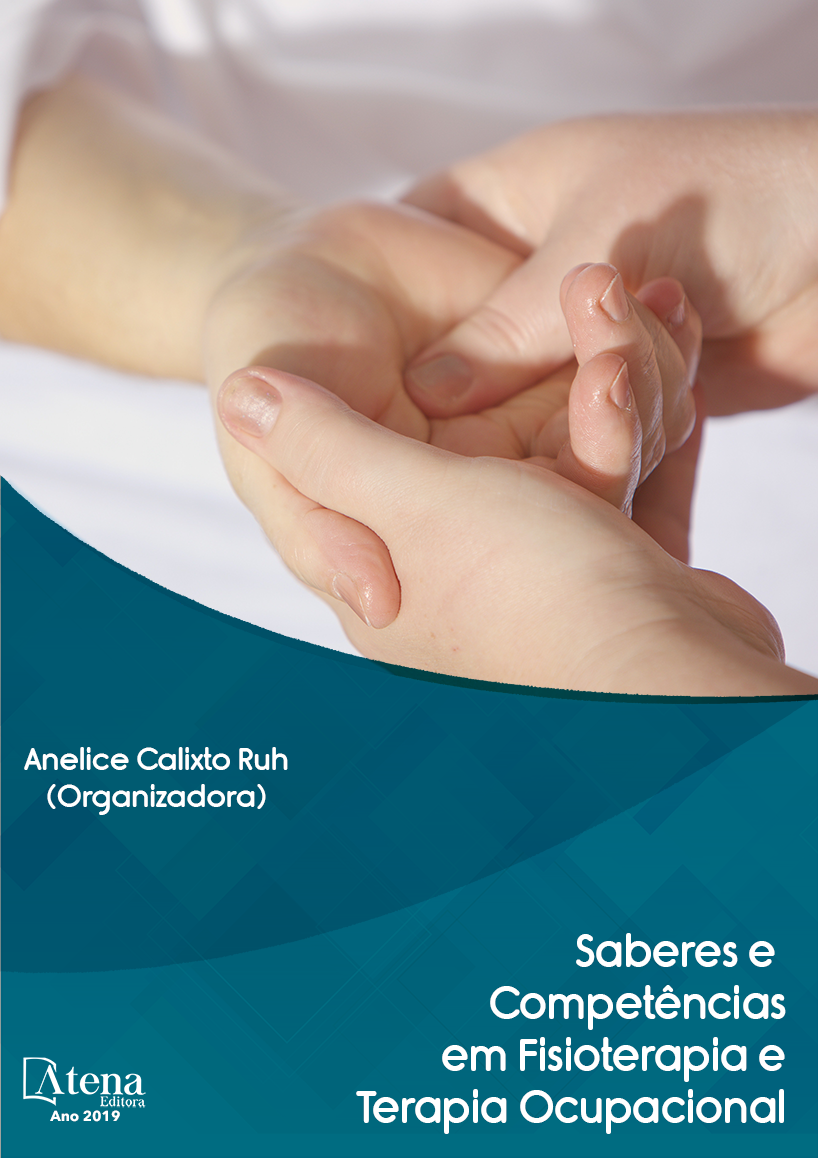
ATIVIDADE MOTORA COMO PREDITORA PARA CAPACIDADE DE RESOLUÇÃO DE PROBLEMAS EM CRIANÇAS
Introdução Os primeiros anos de
vida da criança são marcados por importantes
aquisições motoras, mentais e sociais; é um
período de maior receptividade aos estímulos
vindos do ambiente familiar e escolar. O
desempenho motor evolui partindo de
movimentos simples até diferentes combinações
que serão utilizadas nas atividades funcionais;
concomitante a isto, segue-se a aprendizagem
escolar e neste contexto, algumas crianças
podem não apresentar o esperado domínio de
suas habilidades com consequente prejuízo
no desempenho funcional. Metodologia Este
capitulo foi embasado num ensaio clínico com
29 crianças na idade entre 36 e 60 meses e
de ambos os sexos, cujo objetivo foi verificar
possíveis efeitos da intervenção psicomotora
sobre o desenvolvimento de crianças
frequentadoras de uma creche. Para avaliação
do desenvolvimento foi utilizado o Ages and
Stages Questionnaires (ASQ). Um protocolo de
atividades psicomotoras foi aplicado durante 5
semanas, sendo as atividades realizadas duas
vezes por semana. Resultados/Discussão O
estudo ocorreu com 29 crianças, participando 14
do grupo experimental e 15 do grupo controle,
sendo possível identificar que as crianças
não estimuladas tiveram maior dificuldade
na resolução de problemas (53,3%) quando
comparadas ao grupo intervenção. Conclusão
A estimulação psicomotora fornece uma base
fundamental para o processo de aprendizagem.
Os estímulos fornecidos pelo treinamento de
diferentes tarefas possibilitam inicialmente
respostas mais restrita ao domínio motor,
porém, estas experiências geradas contribuem
para o desenvolvimento das demais habilidades
da criança. Dessa forma pode-se destacar uma
a ação protetora da intervenção psicomotora
acerca do atraso na capacidade de resolução
de problemas das crianças.
ATIVIDADE MOTORA COMO PREDITORA PARA CAPACIDADE DE RESOLUÇÃO DE PROBLEMAS EM CRIANÇAS
-
DOI: 10.22533/at.ed.70219100713
-
Palavras-chave: Atividade motora; Creche; Desenvolvimento infantil.
-
Keywords: Child; Childcare; Child development
-
Abstract:
Introduction The first years of
the child’s life are marked by important motor,
mental and social acquisitions; is a period of
greater receptivity to the stimuli coming from
the familiar and school environment. Motor
performance evolves from simple movements
to different combinations that will be used in
functional activities; concomitant to this, it follows the school learning and in this context,
some children may not present the expected domain of their abilities with consequent
impairment in functional performance. Methodology This chapter was based on
a clinical trial with 29 children between the ages of 36 and 60 months and of both
sexes, whose objective was to verify possible effects of psychomotor intervention on
the development of children attending a day care center. To evaluate the development,
the Ages and Stages Questionnaires (ASQ) were used. A protocol of psychomotor
activities was applied during 5 weeks, and the activities were performed twice a week.
Result/Discussion The study consisted of 29 children, 14 from the experimental group
and 15 from the control group. It was possible to identify that unstimulated children had
greater difficulty in solving problems (53.3%) when compared to the intervention group.
Conclusion: Psychomotor stimulation provides a fundamental basis for the learning
process. The stimuli provided by the training of different tasks initially allow responses
more restricted to the motor domain, however, these generated experiences contribute
to the development of the other abilities of the child. In this way, it is possible to highlight
a protective action of the psychomotor intervention about the delay in the problem
solving capacity of the children.
-
Número de páginas: 15
- Bruna Thays Santana de Araújo
- Plínio Luna de Albuquerque
- natalia ferraz de araujo malkes


